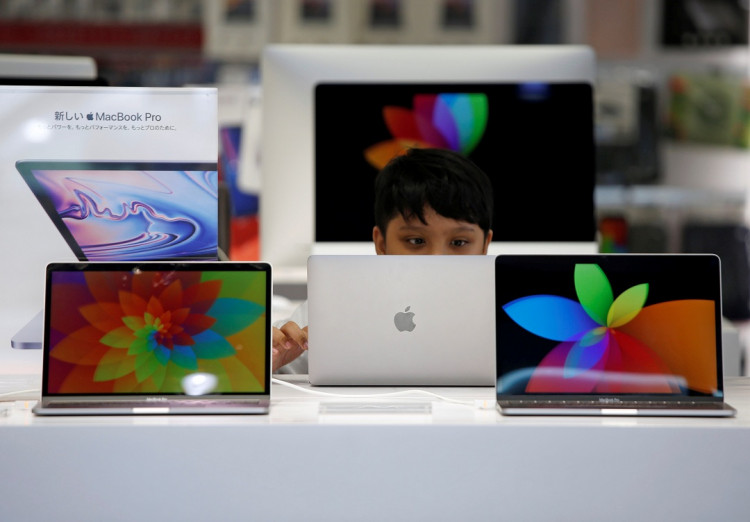The US Supreme Court has greenlit the antitrust lawsuit against Apple in a surprising decision against the Cupertino-based giant. The justices gave the go-ahead for the lawsuit in a close 5 to 4 ruling. The antitrust case against Apple involved its allegedly unfair practice of forcing apps on its App Store platform to pay a 30 percent tax on purchases, which is in turn charged by software companies to consumers.
The decision to allow the lawsuit to proceed could lead to billions of dollars in damages if Apple is found guilty. According to one of the plaintiff's lawyers, the overcharges paid by consumers since Apple imposed its tax, which started its monopoly, will be in the billions of dollars.
The outcome of the case may also significantly change the way Apple sells apps on its platform, which could potentially eat into its bottom line. Apple currently does not impose the same levies on its own apps; a practice which some software companies allege gives the tech firm an unfair advantage and a monopoly on its own platform.
Following the Supreme Court's decision announcement, Apple share prices plummeted by as much as 5.8 percent. The significant drop was preceded by lowered numbers in response to the breakdown of trade negotiations between China and the United States.
In a statement released by the tech firm, Apple expressed its confidence in winning the case given that they do not see their practice as a form of monopoly. Apple argues that consumers purchasing apps on its App Store are merely indirect purchasers, which means that overcharges passed to them are done so by app developers.
However, plaintiffs claim that they had paid using Apple's system when they bought apps from the App Store, therefore they are classified as direct victims of Apple's extremely high levies.
Apple explained in the same statement that developers are the one that set the price for their apps or memberships and that they have no say in that particular decision. Plaintiffs argue that this wouldn't be a problem if Apple had not imposed its ridiculously high 30 percent commission fee on apps using its platform.
The issue is further worsened by Apple's decision not to impose the same fees on its own apps. Spotify recently launched a complaint against Apple in Europe, claiming that it was impossible for it to compete with the firm's Apple Music streaming service given the 30 percent fee.
As iPhone sales continue to tumble, Apple and its shareholders have been looking into improving the company's App Store revenues to compensate. In light of the recent legal actions, that business may now be in peril as Apple continues to combat added antitrust scrutiny.





